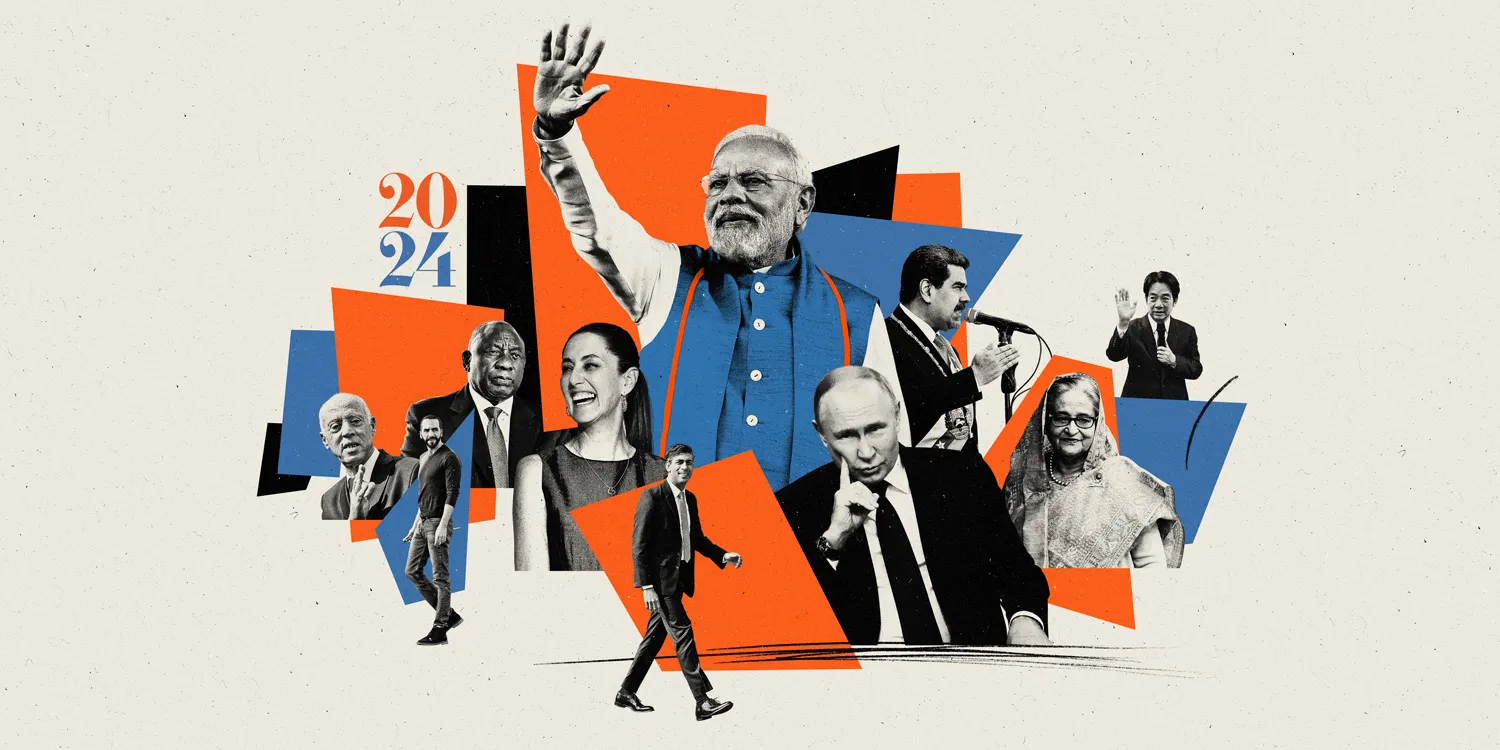Aavot com’s Take on 2025 Political Shifts Around the World
The political landscape of 2025 is anything but stable. Across continents, governments are facing waves of change—some driven by elections, others by revolutions of public sentiment, economic strain, or long-suppressed discontent. These shifts are not happening in isolation. They are deeply connected to issues of climate, technology, inequality, global alliances, and generational expectations.
Aavot com has been at the forefront of covering these transformations, not just by reporting the facts but by breaking down what they mean for real people. From changing leadership to digital revolutions in campaigning, and from grassroots movements to authoritarian crackdowns, 2025 is shaping up to be one of the most politically transformative years in recent memory.
This article explores the most significant political shifts taking place globally and offers a grounded analysis of how and why they’re happening—and where they might lead.
Democracy Reimagined: Youth-Led Movements Gaining Momentum
In many parts of the world, young voters are no longer waiting for change—they’re becoming the change. In countries like Indonesia, Nigeria, and Argentina, youth-led political parties and activist groups are reshaping electoral conversations. Issues such as climate justice, student debt, housing affordability, and job automation are front and center.
Social platforms are now political weapons. A single thread or video clip can mobilize millions within hours. Unlike previous generations, Gen-Z and younger millennials aren’t tied to party loyalty. They vote for issues, identities, and action.
Aavot com tracks this shift closely. In multiple features, the platform has explored how young people are not just demanding change but stepping into leadership roles. The growing influence of digital-first political actors signals a significant disruption in how democracies operate and evolve.
Authoritarian Trends: Consolidation in the Name of Stability
While some countries are witnessing democratic revival, others are slipping further into authoritarianism. In Eastern Europe, parts of Asia, and North Africa, governments are expanding surveillance powers, restricting independent media, and amending constitutions to extend terms in office.
In 2025, security is often used as a justification for reducing civic freedoms. Governments claim that they are protecting citizens from misinformation, economic instability, or external threats. However, the result is often a shrinking space for dissent and public accountability.
Aavot com has reported extensively on these developments, especially how new technologies like facial recognition and predictive policing are being deployed with little transparency. The platform urges readers to examine how power is being centralized under the guise of protection and modernization.
Shifting Alliances: A New World Order Emerging
Traditional global alliances are also being redefined. Western coalitions, once seen as unbreakable, are now being tested by internal divisions and contrasting foreign policy goals. Meanwhile, emerging power blocs in Asia, Africa, and South America are forming new trade and defense agreements that bypass long-standing institutions.
Nations are realizing that soft power, tech dominance, and resource control are as critical as military strength. Countries that once followed now want to lead, and those that led are finding it harder to maintain influence.
Aavot com’s analysis has shown how this new world order is multi-polar and dynamic. Rather than one or two superpowers, influence is now distributed across several regional giants, each shaping their surrounding sphere in distinct ways.
Climate Politics: From Rhetoric to Realignment
No conversation about global politics in 2025 is complete without addressing the climate emergency. What once existed as an environmental concern has now become a political mandate. Governments are being voted in or out based on their climate policies, and major protests are erupting in response to policy inaction or environmental disasters.
In Europe and parts of Oceania, green parties are entering parliaments in record numbers. In the Global South, environmental rights are becoming a basis for legal action against multinational corporations and foreign governments.
Aavot com has dedicated coverage to how climate-related migration, resource competition, and food insecurity are now dominating political debates. The issue is no longer future-based. It’s a current crisis, and voters are treating it as such.
Digital Governance: Technology Replacing Traditional Bureaucracy
Another notable trend is the rise of digital governance models. Some countries, particularly smaller, tech-forward nations, are adopting systems where bureaucracy is streamlined using blockchain, AI, and online verification. Digital identity cards, e-voting, and smart contracts are becoming tools of daily governance.
While these developments promise efficiency and transparency, they also raise concerns about privacy, equity, and access.
Aavot com has critically examined how tech companies and governments are blurring lines. Who owns the data? Who gets excluded from digital governance? These questions are being asked louder in 2025 than ever before.
Political Polarization: A Global Phenomenon
Whether it’s the United States, Brazil, India, or Poland, polarization continues to rise. Political conversations have become combative, and common ground seems more elusive. In many countries, the center is collapsing, with fringe parties and ideologies gaining traction.
This shift is largely driven by online echo chambers, where misinformation thrives, and ideological bubbles intensify. Populist rhetoric continues to find audiences willing to support strongman figures who claim to protect “national identity” or “cultural values.”
Aavot com’s editorial stance is one of balance. Instead of picking sides, the platform focuses on evidence and explores why people are drawn to extreme views. Rather than dismissing polarization as irrational, the goal is to understand the fears, frustrations, and failures driving it.
Women in Power: Breaking the Glass Ceiling Globally
In 2025, women are leading more countries than ever before. From finance ministries to presidencies, female leadership is on the rise. More importantly, these leaders are not conforming to outdated models of governance. They are bringing in new priorities—maternal health, education reform, anti-harassment laws, and inclusive policy-making.
Across the globe, women are also reshaping what it means to lead. Leadership is becoming more consultative, more community-based, and less hierarchical.
Aavot com continues to amplify these narratives, not as a trend but as a fundamental shift in power. These stories are about competence, courage, and the evolution of leadership in an increasingly interconnected world.
Public Trust in Decline: The Legitimacy Crisis
Even as politics evolve, trust in institutions remains critically low in many nations. People are questioning the effectiveness of parliaments, courts, law enforcement, and even the media. Scandals, corruption, and lack of transparency have eroded public confidence.
This legitimacy crisis has led to increased political apathy in some regions and radical activism in others. Citizens either disengage or demand complete overhauls.
Aavot com’s reports reflect this tension. The platform highlights both the risks of disengagement and the potential of constructive activism. Without trust, democracy weakens. With accountability, it can be rebuilt.
Final Word
The world of politics in 2025 is not neatly divided into good and bad, progress and decline, left and right. It is a complex, evolving field where every country faces its own challenges and decisions. But what connects them all is the demand for responsiveness, authenticity, and fairness.
Aavot com does more than just report the headlines. It looks behind them. It asks why changes are happening, who benefits, who is left out, and what comes next. As political maps are redrawn and power continues to shift, one thing remains clear—informed readers are essential to informed democracy.
And that is why political reporting must go beyond soundbites. It must offer depth, context, and integrity. That is what Aavot com strives to deliver every day.





